Lapacho trees grow in Brazil, Argentina, Paraguay and all of South America, and go by many names - Taheebo, Pau D'arco and others. The trees reach heights of up to 131 ft (40 m), with the scientific name of the genus being Tabebuia.
The inner part of the bark is used for making infusions. Locals treat all kinds of health problems with it - fatigue, cough, anemia. It is also believed that lapacho infusions cure cancer as well.
Research on the healing properties of the tree began back in 1960 - throughout the next few decades, information about the tree appeared in Brazilian press. The properties of lapacho were praised in the articles - there were various cases described of patients who were cured of arthritis, diabetes and even cancer.
According to the information, lapacho alleviates pain and helps to increase the amount of red blood cells in the body. Lapacho stimulates the immune system, regulates heart function, detoxifies the body and protects against infections, as further claimed in the articles. Other publications indicate that infusions made from the bark, if applied topically, can heal infectious wounds and eczema.

Scientists have studied the biochemical properties of the tree and have discovered many biologically active substances, among which is lapachol. This is an organic compound, classified as a naphthoquinone, and the experiments which scientists have conducted on animals, showed that lapachol helped in treating malaria.
It also has a powerful effect against certain types of cancer cells - lapachol did not show any effect against epithelial tumors and leukemia.
The results of various studies showed that lapacho stimulates the production of red blood cells and improves oxygen circulation in the body. The bark of the tree contains more than 20 active elements.
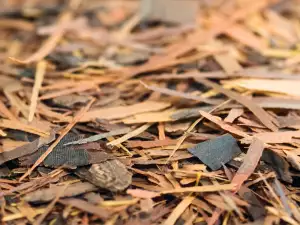
As well, the publications stated that lapacho bark destroys cancer cells in the lungs. For this purpose, the bark must be boiled for a minimum of 8 min, in order to get the active substances from the extract.
During the 70s, another study was carried out, in which volunteers took part. The bark of lapacho had no toxic effect on the liver or the kidneys, but if taken in greater doses it can cause side effects. The study once again confirmed the anticarcinogenic effects of the bark.
The Canadian health department has classified lapacho as a "potent drug" and has banned the bark from the market.
The Office for Technology Assessment of the United States Congress published the "Unconventional Cancer Treatments" report in September 1990. The publication contains a paragraph on lapacho, titled "An ancient plant - a modern day miracle."
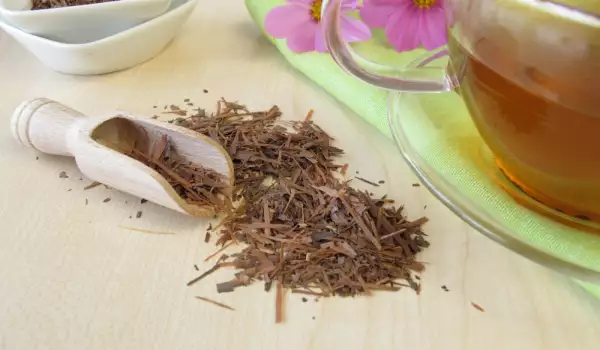

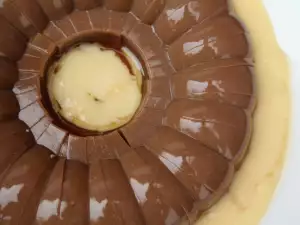



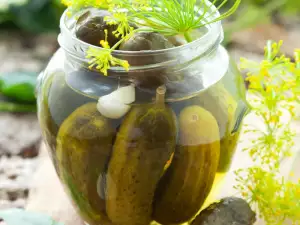

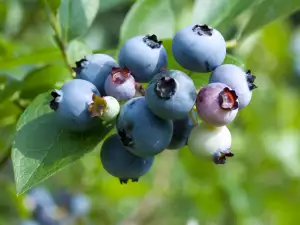
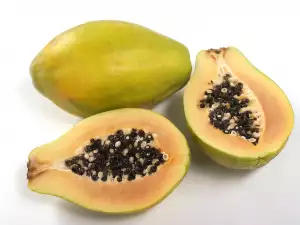





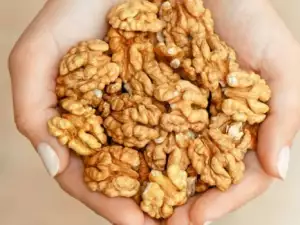




Comments